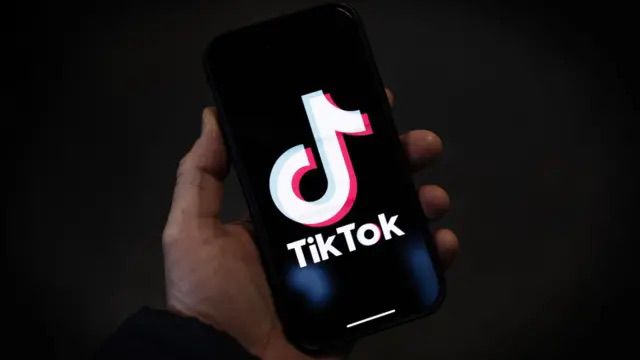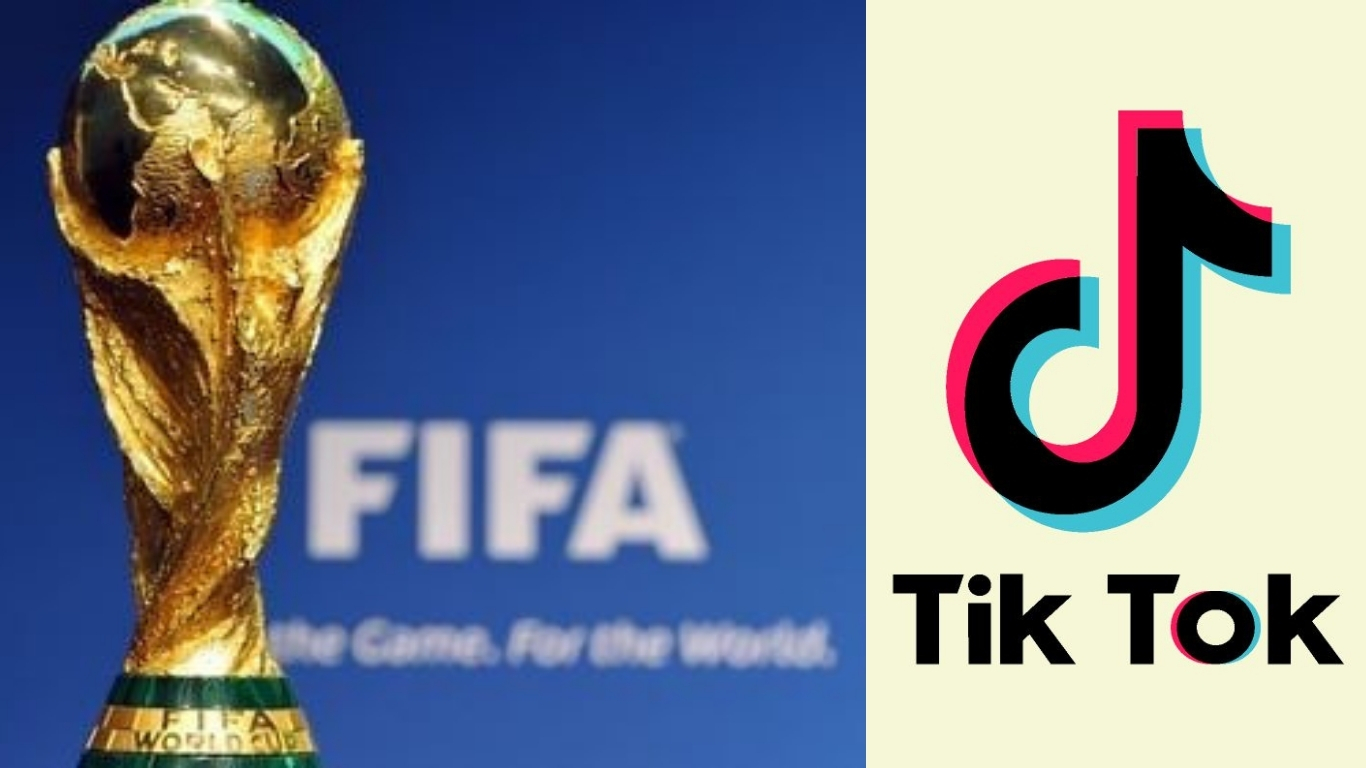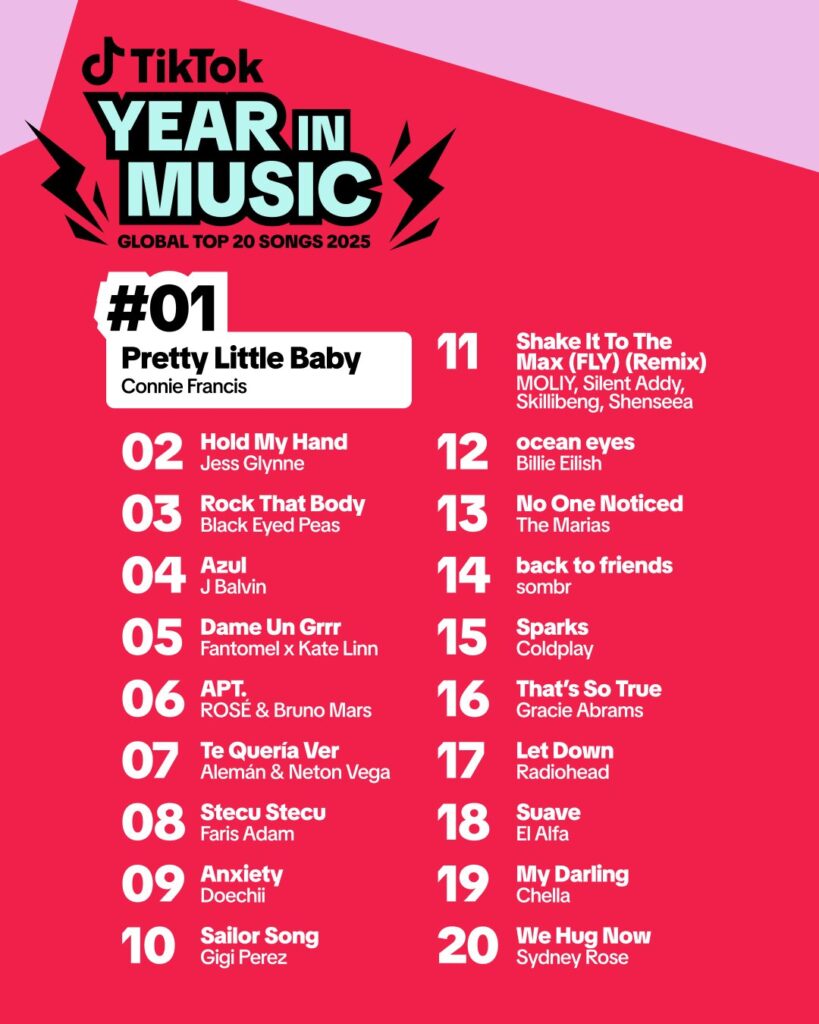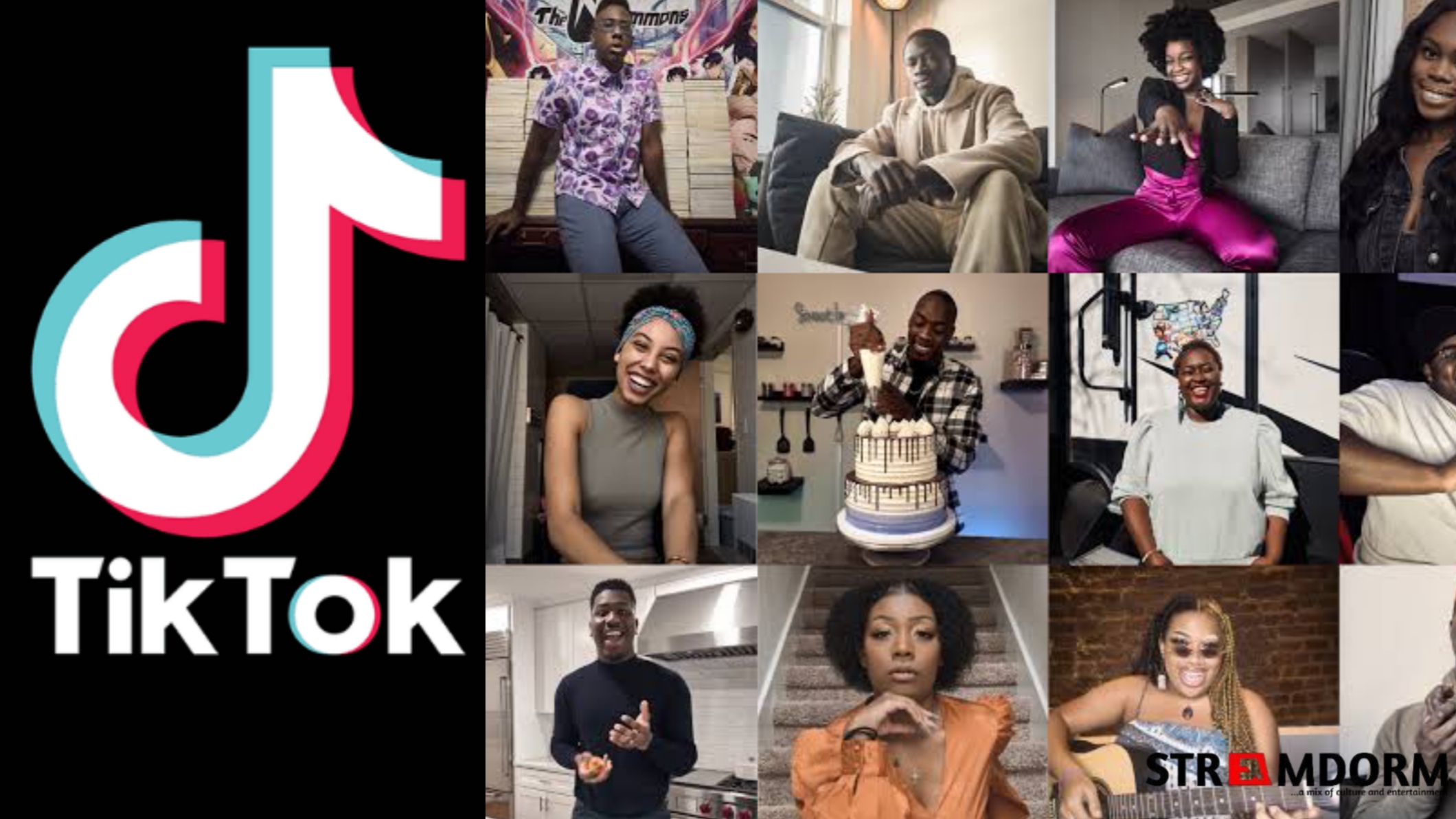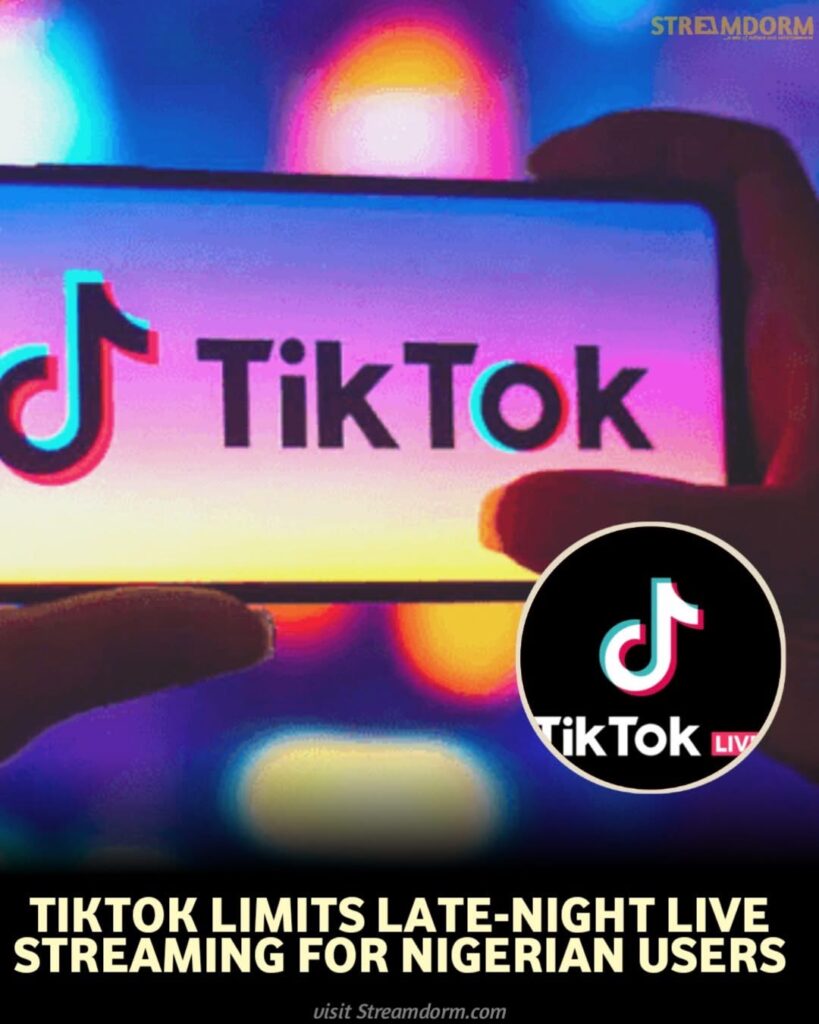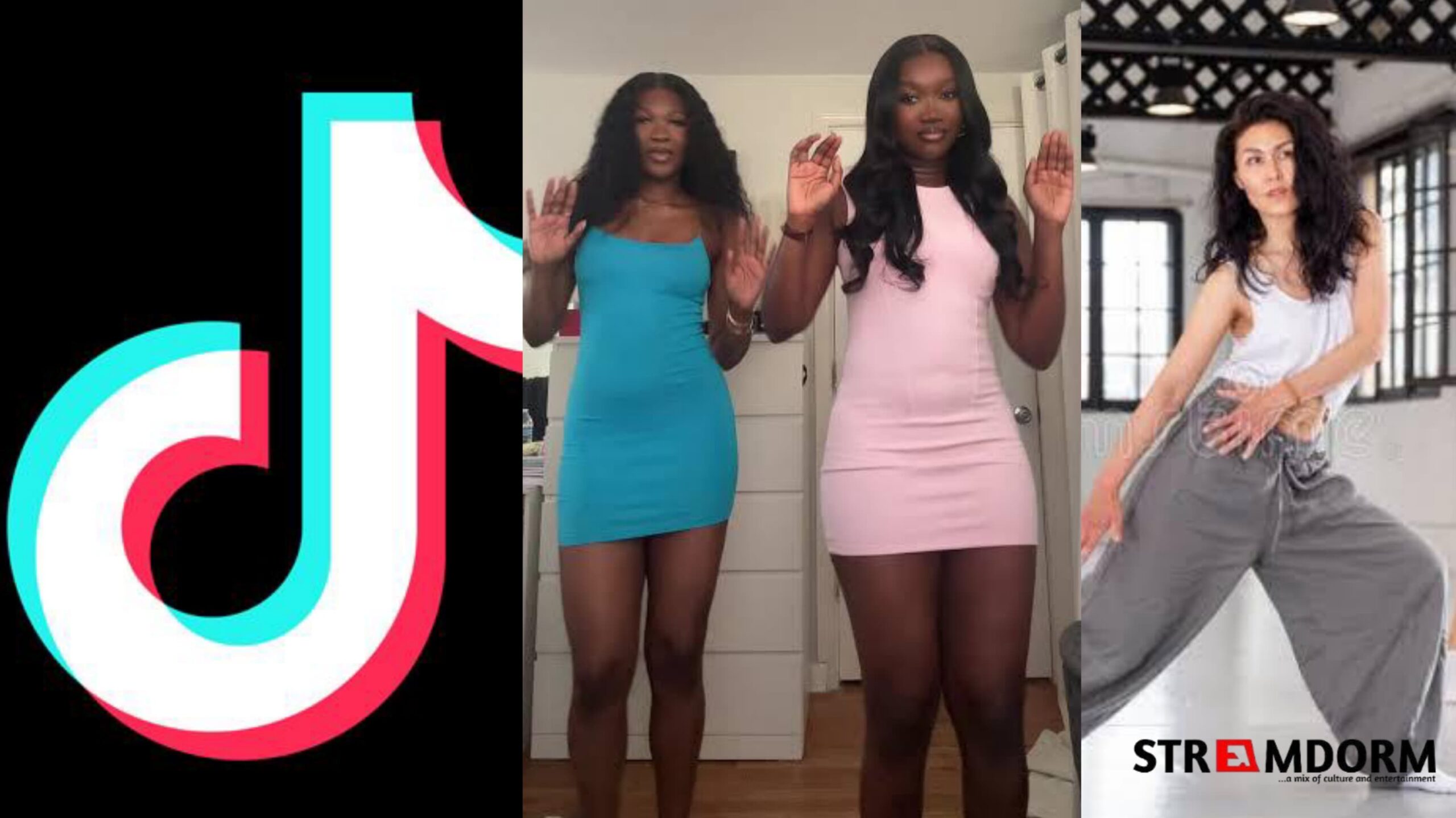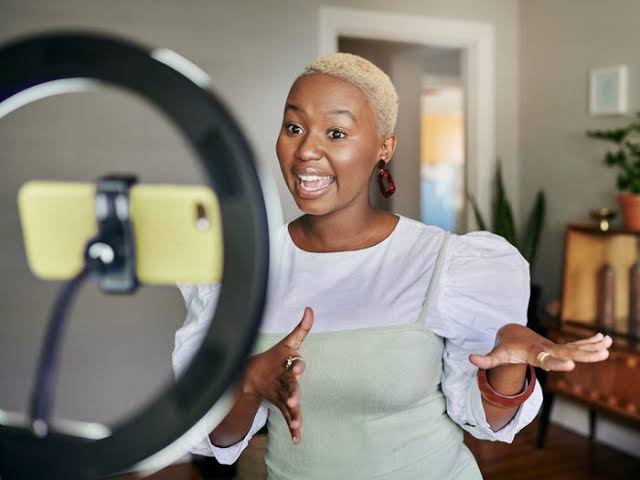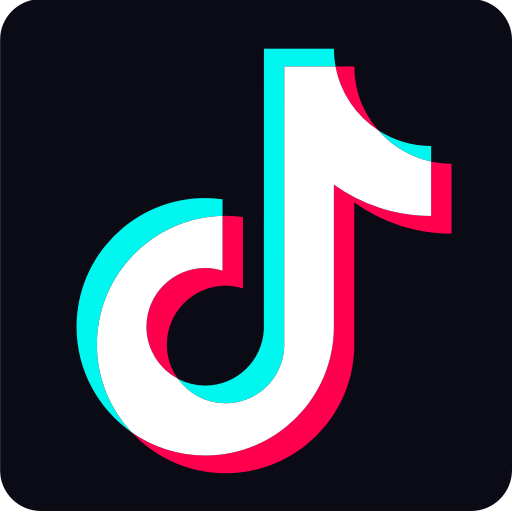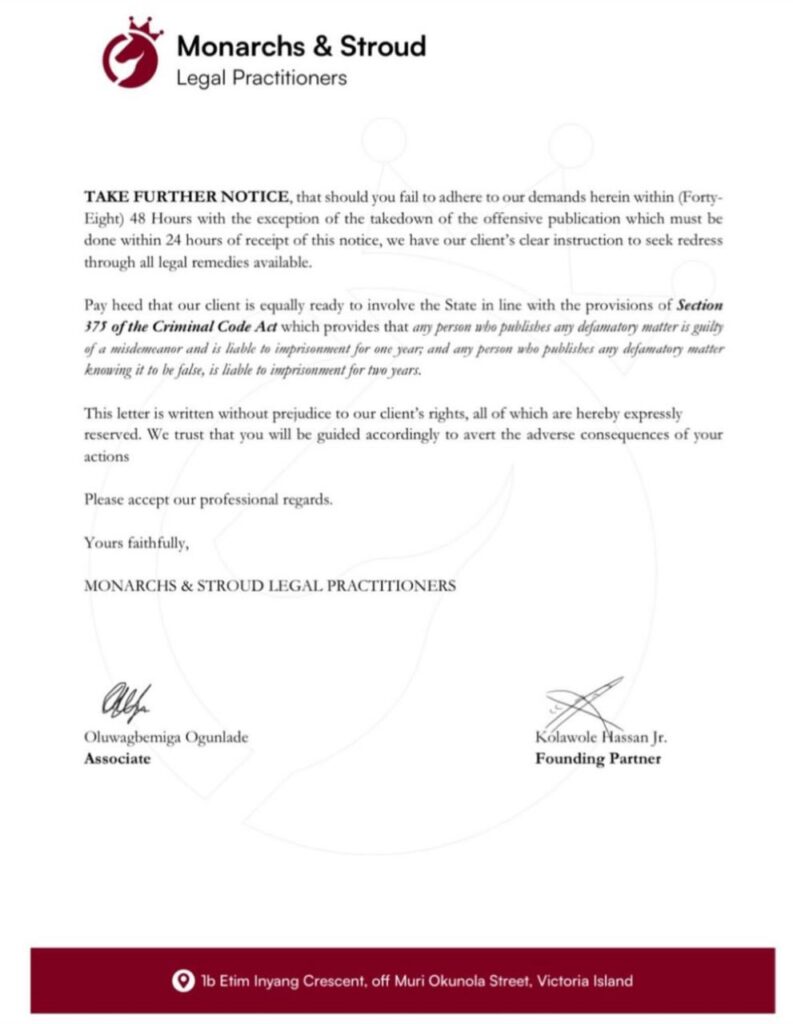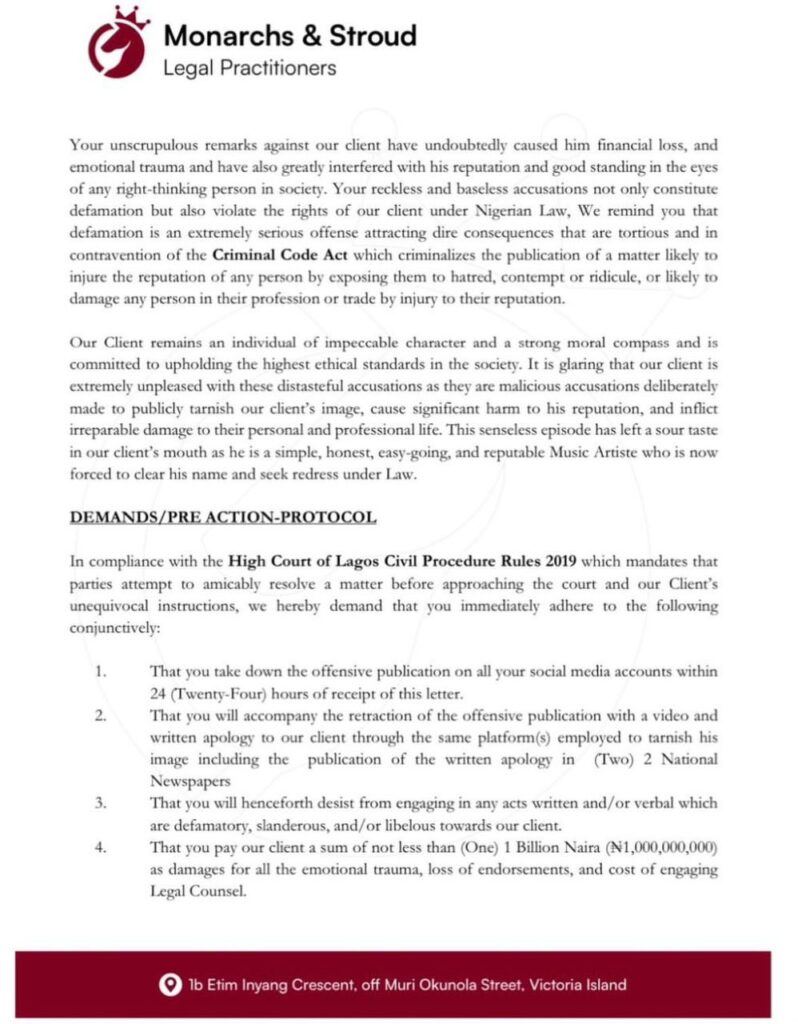Last week, millions of TikTok users in the United States and beyond faced a platform in chaos. Videos refused to upload, feeds stalled, and likes or view counts mysteriously dropped to zero. For many creators, it felt like a technical nightmare but for others, it sparked a deeper suspicion: had TikTok started censoring content?
On February 1, TikTok announced that the weeklong outage had been resolved. The company attributed the problem to a power outage at a U.S. data center, which triggered cascading failures across its servers. In a statement on X, TikTok emphasized that all services were fully restored and that no user content had been removed.
Yet the timing could not have been more sensitive. TikTok recently underwent a major U.S. ownership transition, handing 80% control of its American operations to Oracle, Silver Lake, and MGX, while ByteDance retained a 19.9% minority stake. Some users immediately connected the dots, suspecting the outage and glitches were a cover for content suppression, particularly around political topics like immigration enforcement.
While TikTok insists the disruptions were purely technical, the perception of censorship spread rapidly online. High-profile creators even deleted their accounts in protest, questioning whether algorithm changes under new ownership were quietly reshaping the platform’s content visibility.
The outage, while temporary, had tangible effects. Creators worried about lost engagement and interrupted monetization, advertisers questioned reach and analytics, and some users explored alternative apps in search of “uncensored” spaces. Despite the panic, broader usage metrics suggest TikTok remained resilient; daily engagement returned to normal once services were restored.
What this episode reveals is a delicate balancing act for global tech platforms. TikTok is not only navigating technical reliability but also public trust and political scrutiny. In today’s climate, even a simple data center failure can spark conversations about censorship and transparency, especially on platforms that influence culture and politics on a massive scale.
For now, TikTok is back online. But the questions raised during the outage about ownership, trust, and the nature of algorithms are most likely to stay. As millions of users scroll, like, and post, the platform’s challenge is clear: restoring faith in both the service and the system behind it.
